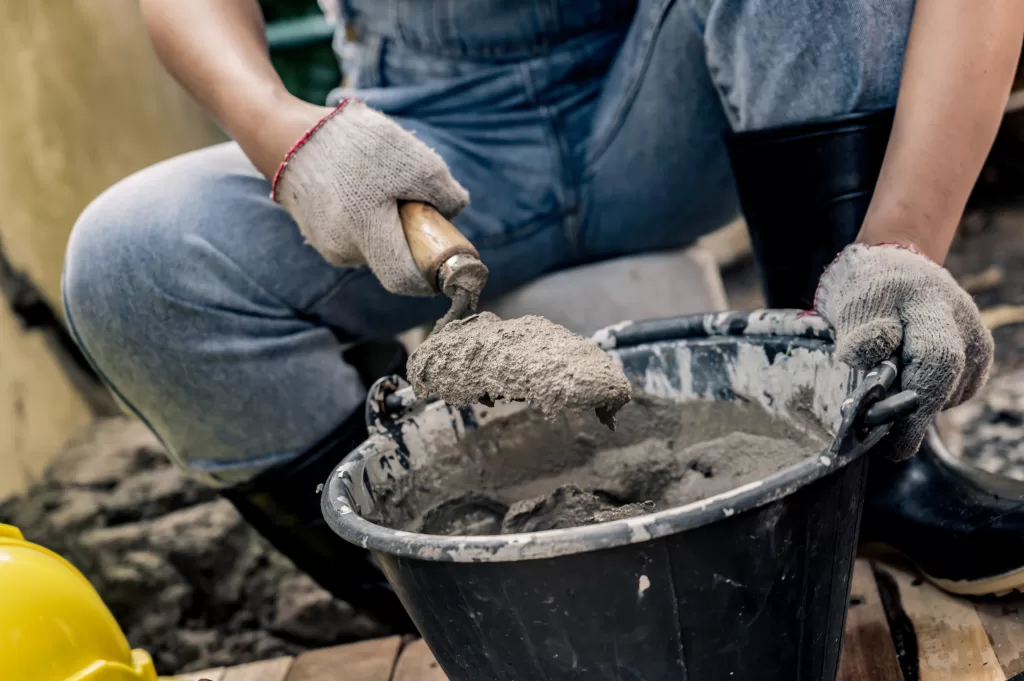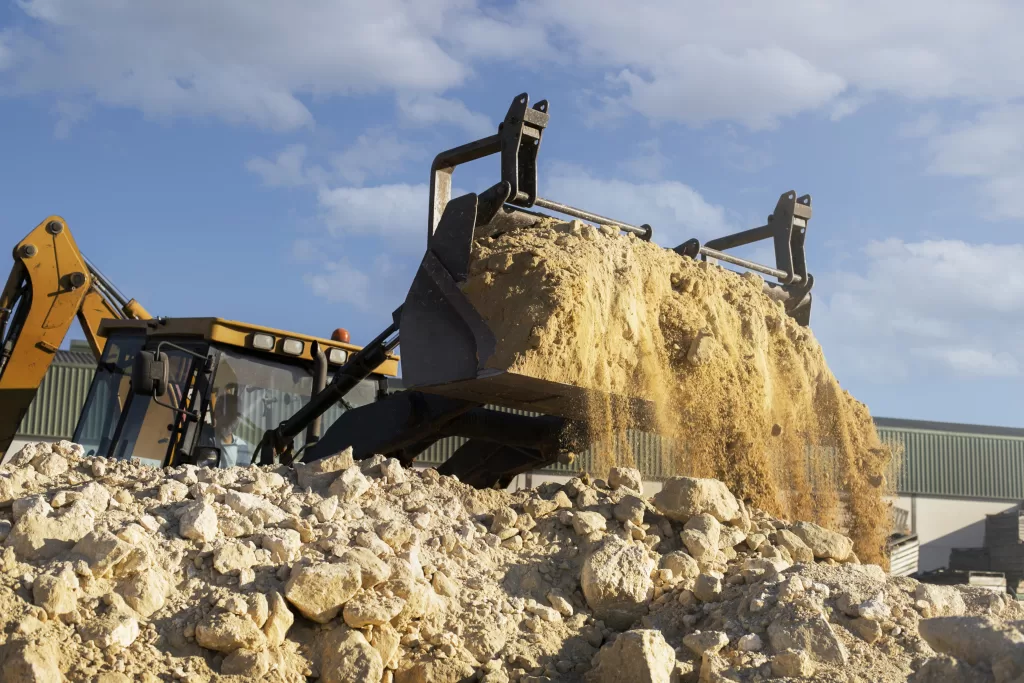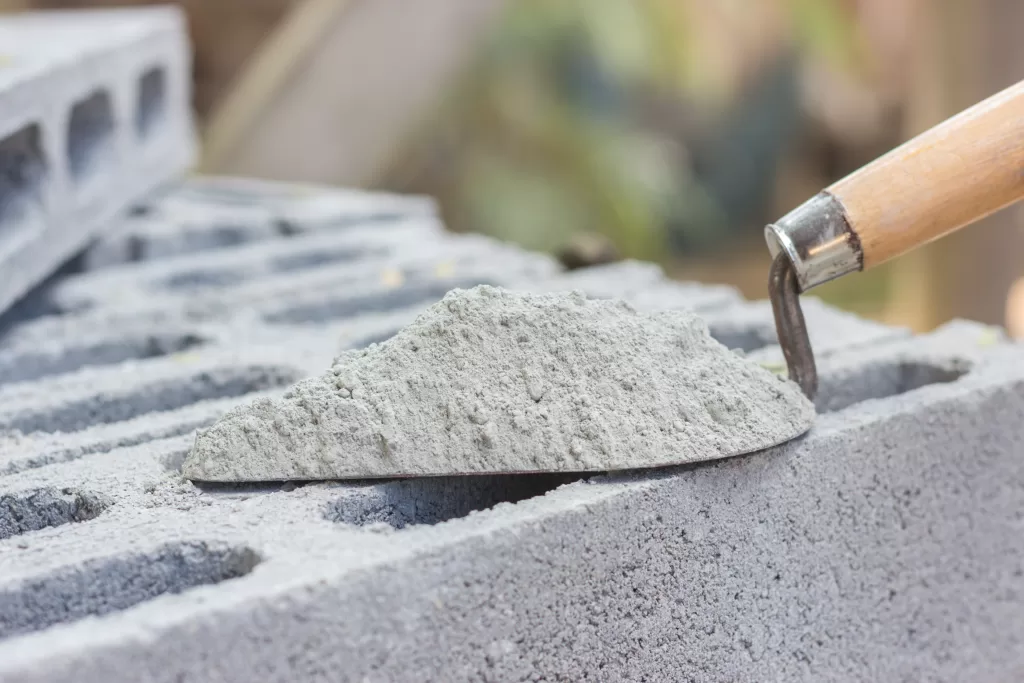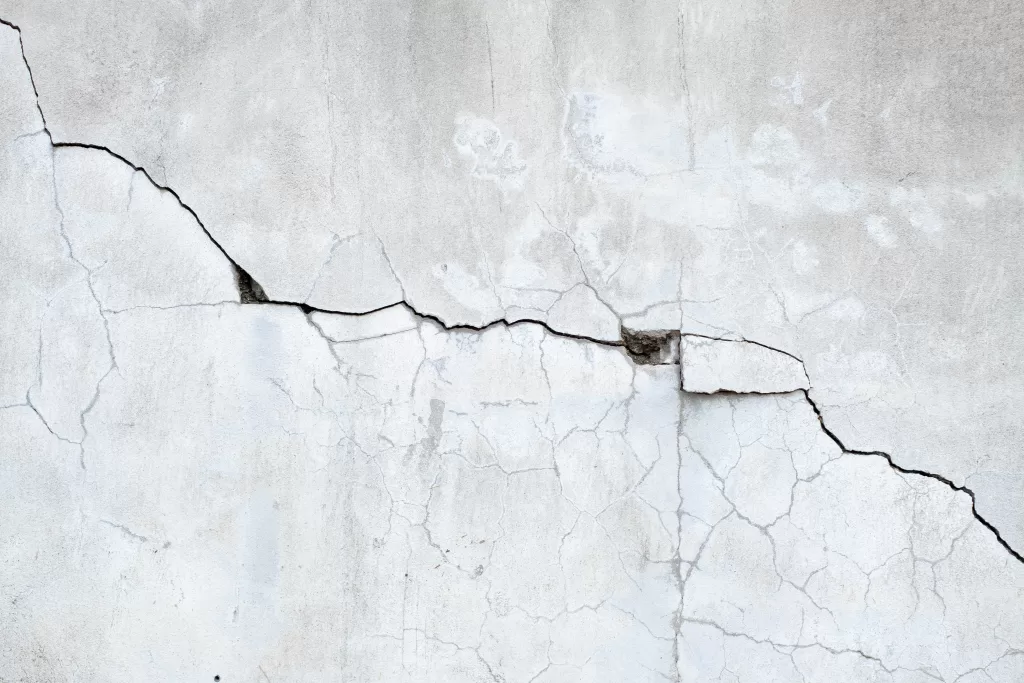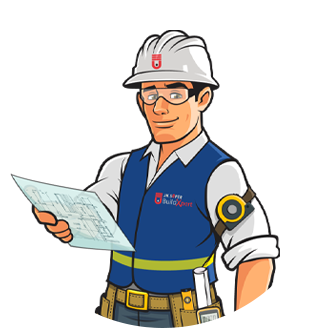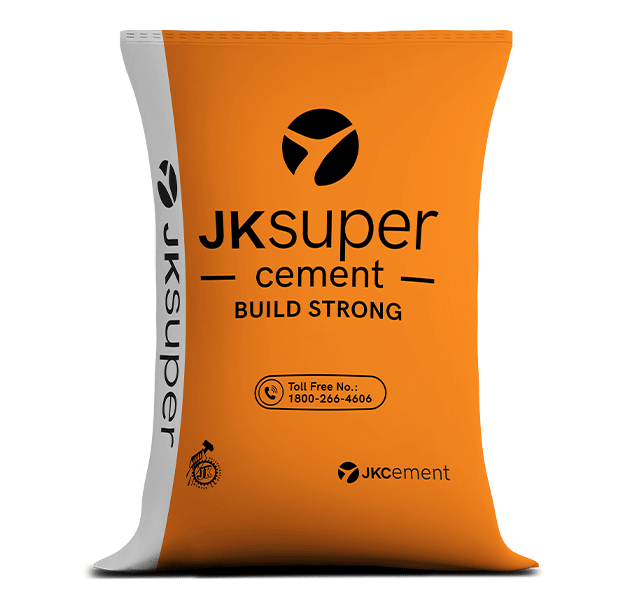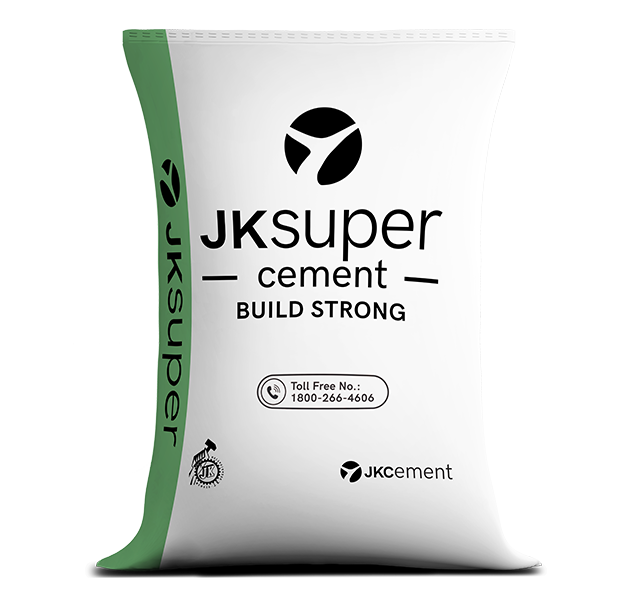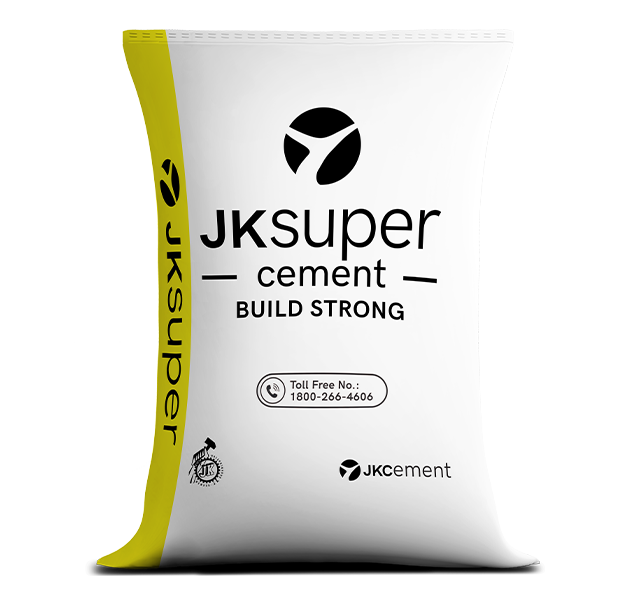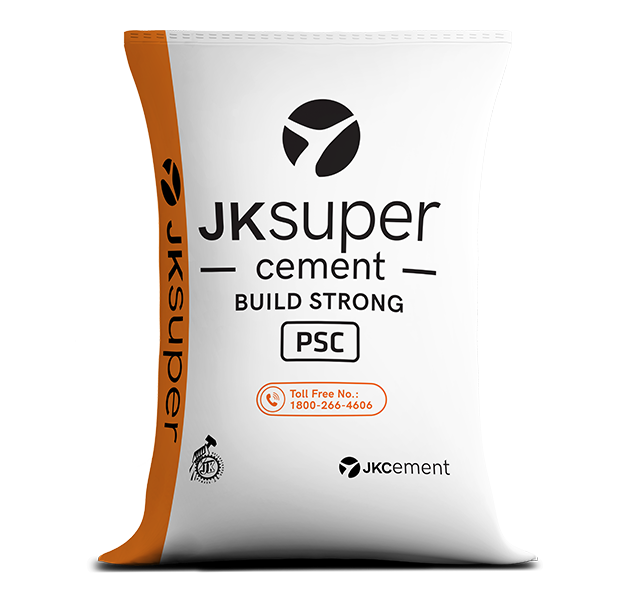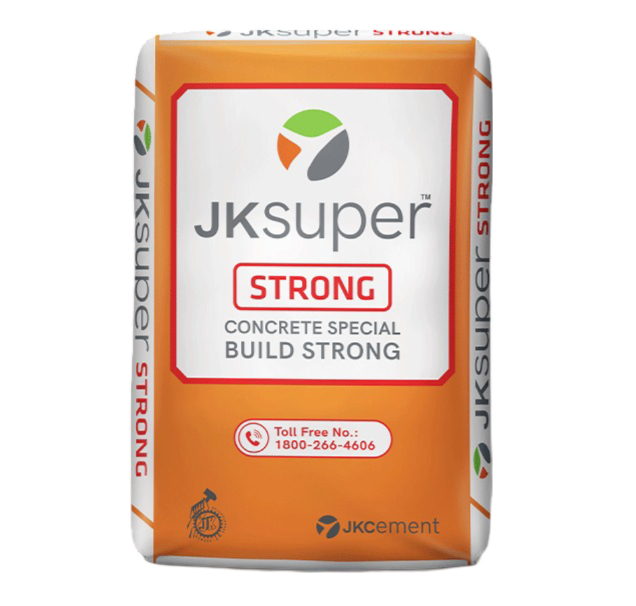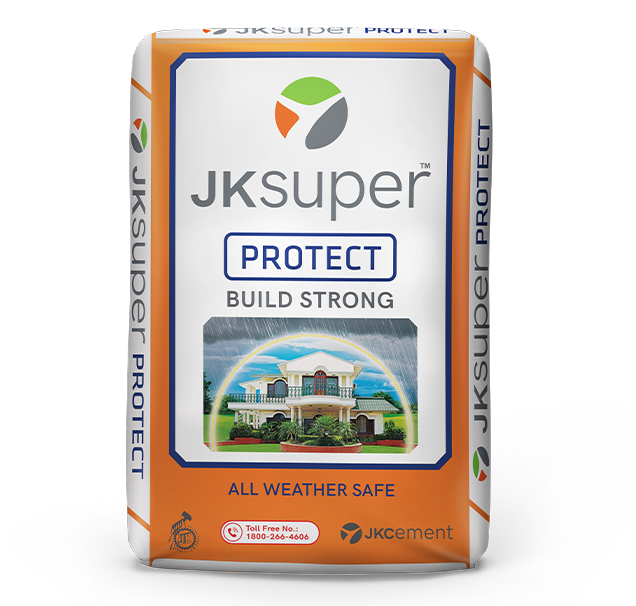Cement, mortar, and concrete are fundamental materials used in construction. While there’s a tendency to use these terms interchangeably, they are not the same. Each material serves distinct purposes and possesses unique properties. Understanding the differences between cement, concrete, and mortar is important if you are involved in construction or interested in the building process. So, continue reading to learn more about these distinctions.
What is Cement?
Cement is a fine powder made from a mixture of limestone, clay, shale, and other minerals that undergo a high-temperature process called calcination. The resulting product, known as clinker, is then ground into a fine powder to produce cement. Cement acts as a binding agent when mixed with water, forming a paste that hardens and sets to bind various construction materials together. It is a key ingredient in concrete, mortar, and grout, serving as the glue that holds these materials together.
What is Mortar?
Mortar is a type of building material used in construction to bind together bricks, stones, or other masonry units. It is composed of a mixture of water, cement, sand, and sometimes lime. The proportions of these ingredients can vary depending on the specific application and desired properties of the mortar. Once mixed, mortar forms a thick paste-like substance that is spread between masonry units to create a strong bond and fill in gaps or joints. It hardens over time through a process called hydration, where the water in the mixture reacts chemically with the cement. This causes it to cure and become solid.
What is Concrete?
Concrete is a versatile construction material composed of a mixture of cement, fine aggregates (like sand), coarse aggregates (like gravel or crushed stone), and water. When these ingredients are combined and thoroughly mixed, they form a viscous, semi-liquid mixture. This mixture can be poured or moulded into various shapes before hardening into a solid mass through a chemical process known as hydration.
Cement vs Concrete vs Mortar: Key Differences
Let us explore the key distinctions between cement, concrete, and mortar:
Composition
-
- Cement is a powdery substance made from limestone, clay, iron ore, and other raw materials that are heated to high temperatures in a kiln and then ground into a fine powder.
-
- Concrete is a mixture of cement, water, and aggregates such as sand, gravel, or crushed stone. The aggregates provide bulk and strength to the concrete, while the cement binds them together.
-
- Mortar consists of cement, water, sand, and sometimes lime. It is generally used as a binding agent for bricks, stones, or other masonry units.
Function
-
- Cement acts as the binding agent in concrete and mortar, forming a paste when mixed with water that hardens to hold materials together.
-
- Concrete is a structural material used for construction projects, providing strength, durability, and versatility for various applications, including foundations, slabs, beams and walls.
-
- Mortar is primarily used to bond masonry units together in brickwork, blockwork, or stonework, providing cohesion and strength to the structure.
Application
-
- Cement is primarily used in the production of concrete and mortar but can also be used in other applications such as grout and soil stabilisation.
-
- Concrete is used in a host of construction projects, including buildings, roads, bridges, dams, and pavements, due to its strength and durability.
-
- Mortar is commonly used in bricklaying, stone masonry, plastering, and tile installation to bond masonry units together and fill gaps or joints.
Properties
-
- Cement hardens and sets when mixed with water, forming a solid mass through the hydration process.
-
- Concrete offers compressive strength, durability, and resistance to weathering and erosion. This makes it a preferred choice for load-bearing structures.
-
- Mortar provides adhesion between masonry units, prevents water penetration, and allows for flexibility and movement in the structure.
Use a Home Construction Calculator to estimate the raw materials required for your home construction.
When to Use Cement, Mortar, and Concrete?
Choosing between cement, mortar, and concrete depends on the specific requirements of your construction project. Here’s a breakdown for your understanding:
Application
Cement:
Choose cement when you need to bind together other materials in construction, such as aggregates in concrete or sand in mortar. For example, if you’re building a concrete patio, you’ll need cement to bind the aggregates together.
Mortar:
Select mortar when you need to bond bricks, stones, or other masonry units together. For instance, if you’re constructing a brick wall, you’ll use mortar to hold the bricks in place.
Concrete:
Opt for concrete when you need a structural material for building foundations, walls, floors, or other load-bearing elements.
Strength Requirements
Cement:
If you need high-strength bonding for specialised applications such as repairing concrete structures or anchoring bolts, choose a high-strength cement.
Mortar:
Choose mortar with the appropriate strength rating based on the requirements of your masonry project.
Concrete:
Select concrete with the required compressive strength for your project, considering factors such as the weight of the structure and anticipated loads.
Environmental Conditions
Cement:
Consider environmental factors such as temperature and humidity during the curing process to ensure proper bonding and setting of cement-based materials.
Mortar:
Choose mortar with additives or admixtures to improve its performance in specific environmental conditions, such as freezing temperatures or high humidity.
Concrete:
Assess the exposure of the concrete to environmental elements such as moisture, chemicals, and temperature fluctuations. Select a concrete mix with the appropriate durability and resistance properties.
Explore JK Cement’s wide range of high-quality cement for your construction projects. Enjoy strength and durability in every build.
FAQs
What is the main difference between mortar and cement?
Cement is a component of mortar, which also includes water, sand, and lime for masonry.
Can I use cement instead of mortar for construction projects?
While cement is a component of mortar, it’s not suitable alone; mortar’s composition ensures proper adhesion.
What are the types of cement?
Types of cement include grey cement, white cement, rapid-setting cement, sulfate-resistant cement, and Portland cement.
What is the appropriate concrete mix ratio for building structures?
A common concrete mix ratio for building structures is 1:2:3 (cement:sand:aggregate) for general purposes.

